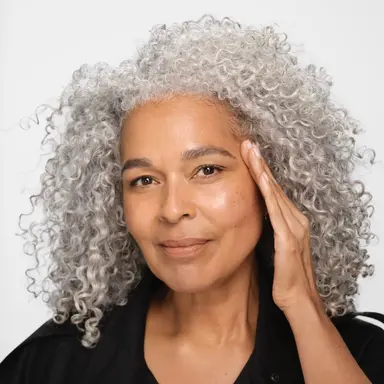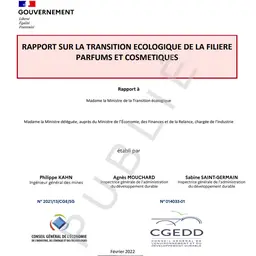
This major hormonal change usually occurs around the age of 50. Far from being without effects, it can even be difficult to live with for some people. As part of the Vichy Derm Science Summit, broadcast on September 22, the Vichy Walk returned to the disruptions that women undergo during menopause.
“Menopause represents one third of a woman’s life,” explains Vichy. “Every year, 25 million women go through menopause and by 2025, there will be 1.2 billion.”
The transition occurs gradually and in two stages.
First, there is the perimenopause. This is when the first hormonal changes occur. It is characterized by irregular menstrual cycles and can have physical (hot flashes, aging of the skin, changes in body hair, weight gain, etc.) and psychological (mood changes, insomnia, etc.) repercussions.
Then there is postmenopause, which is said to have set in when the menstrual cycle has stopped for more than a year.
“We conducted a survey on 1000 French women. 72% of them told us they had experienced these symptoms and 50% felt they lacked information on how to improve their condition,” says Vichy.
Effects on the skin
Menopause affects the epidermis in several ways. This is due to the decrease in certain hormones (estrogen and DHEA). The drop in estrogen directly affects the elasticity of the skin, causing sagging and loss of moisture. The drop in DHEA favors the appearance of wrinkles and skin dryness.
There is a loss of 57% of lipids and 30% of collagen.
In addition, menopause leads …













